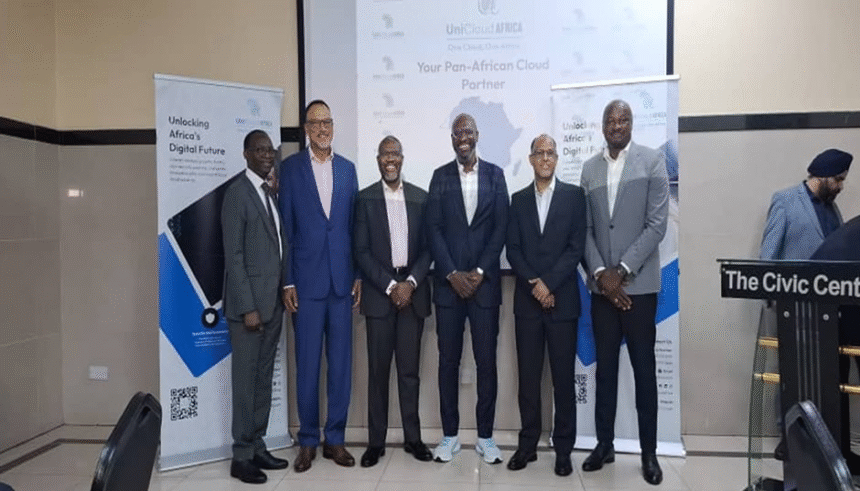Unicode Africa, a newly launched pan-African cloud services provider, has officially entered the continent’s $5 billion cloud computing market, pledging to build a secure, sovereign digital infrastructure that keeps African data within African borders.
For years, most African enterprises and governments have relied on offshore providers such as Amazon Web Services, Microsoft Azure, and Google Cloud—a model that stores sensitive data, including financial records and government information, on servers outside the continent.
This dependency, while offering global reliability, also exposes African nations to foreign jurisdiction risks, data privacy concerns, and rising operational costs tied to foreign exchange fluctuations.
At the company’s launch in Lagos, Ladi Okuneye, CEO of Unicode Africa, said the goal is to offer a robust alternative to international platforms by promoting data sovereignty, compliance, and reduced latency.
“For too long, African enterprises have relied on offshore platforms that are costly and often non-compliant with local data laws,” Okuneye said. “Unicode Africa’s mission is simple: to ensure Africa’s data stays in Africa—secure, compliant, and accessible.”
Supported by Open Access Data Centres, Internet Exchange Point of Nigeria, and other ecosystem players, Unicode Africa seeks to drive local innovation while retaining digital value chains within the continent.
With an emphasis on security, scalability, and affordability, the company aims to support businesses, governments, and startups with cloud infrastructure that empowers growth while protecting national data interests.
Unicode Africa’s emergence marks a pivotal shift in Africa’s digital journey – from dependency to digital independence, ensuring that the next phase of the continent’s cloud revolution is powered from within.







